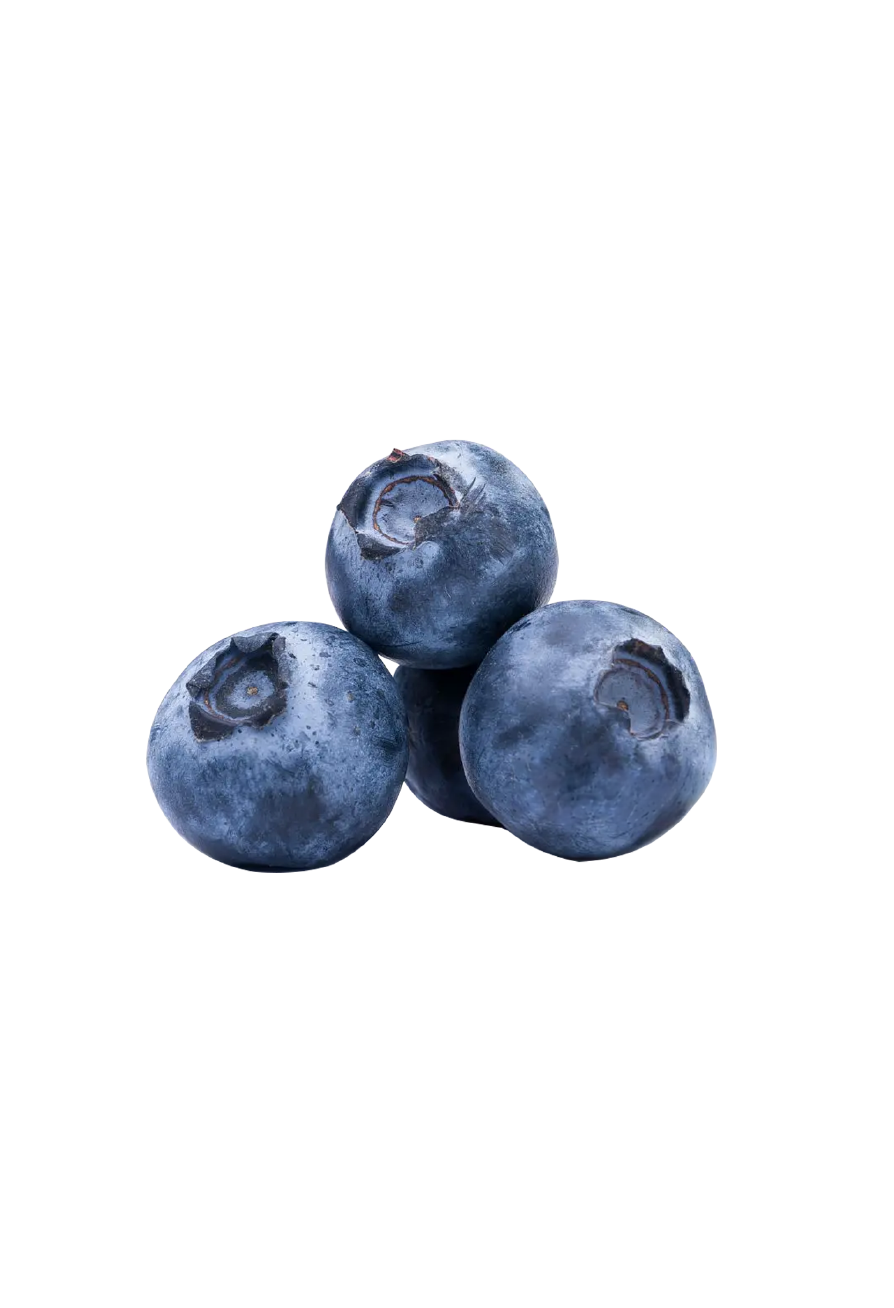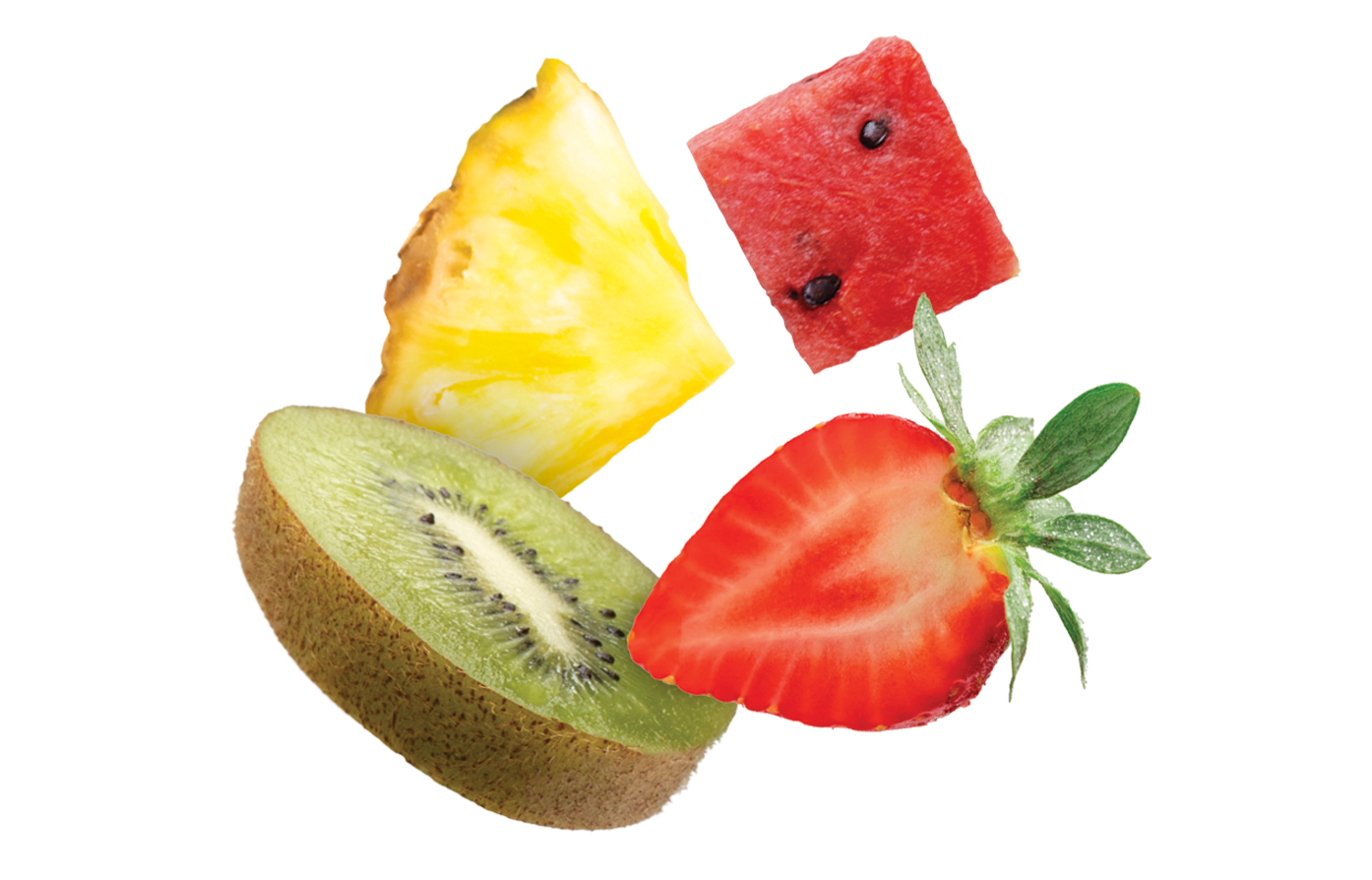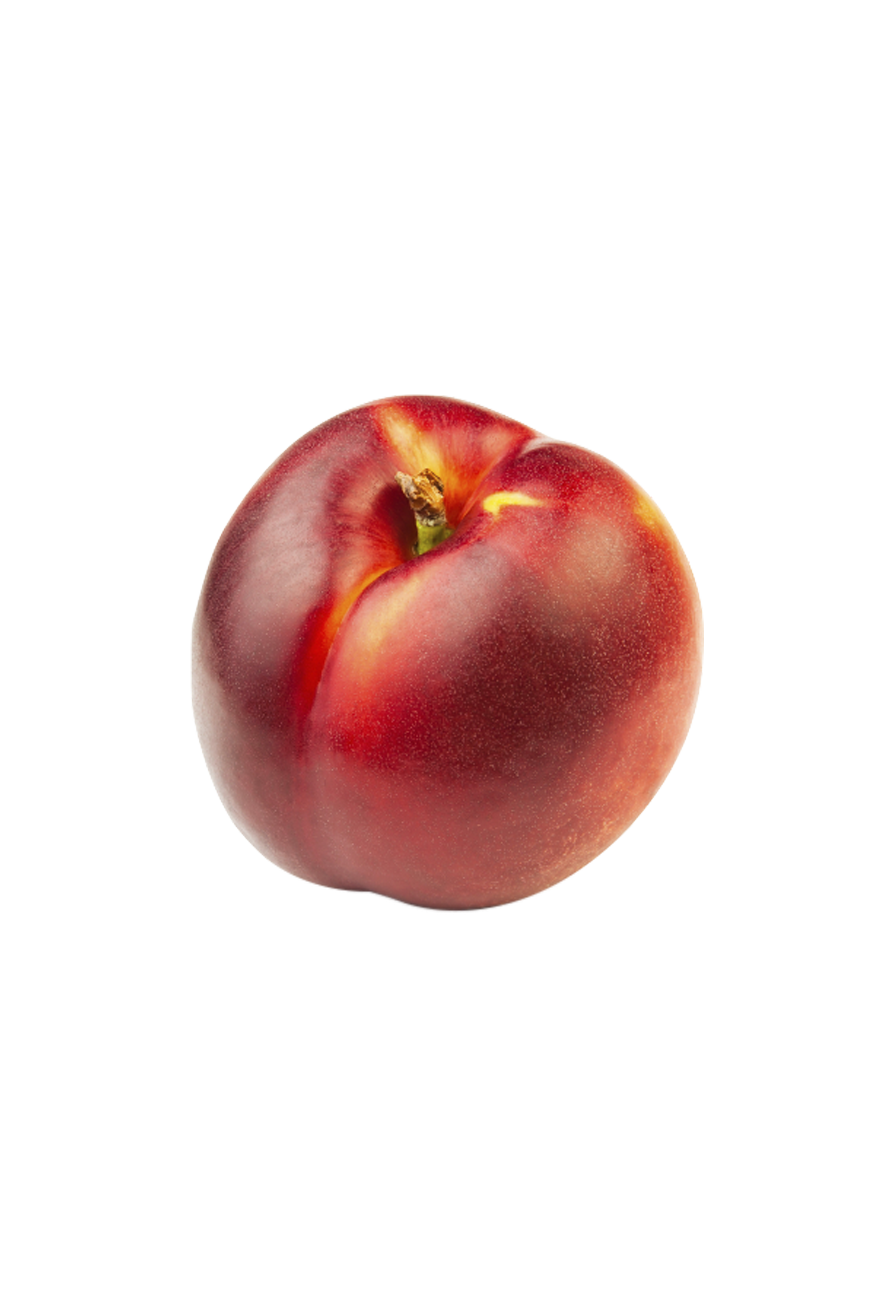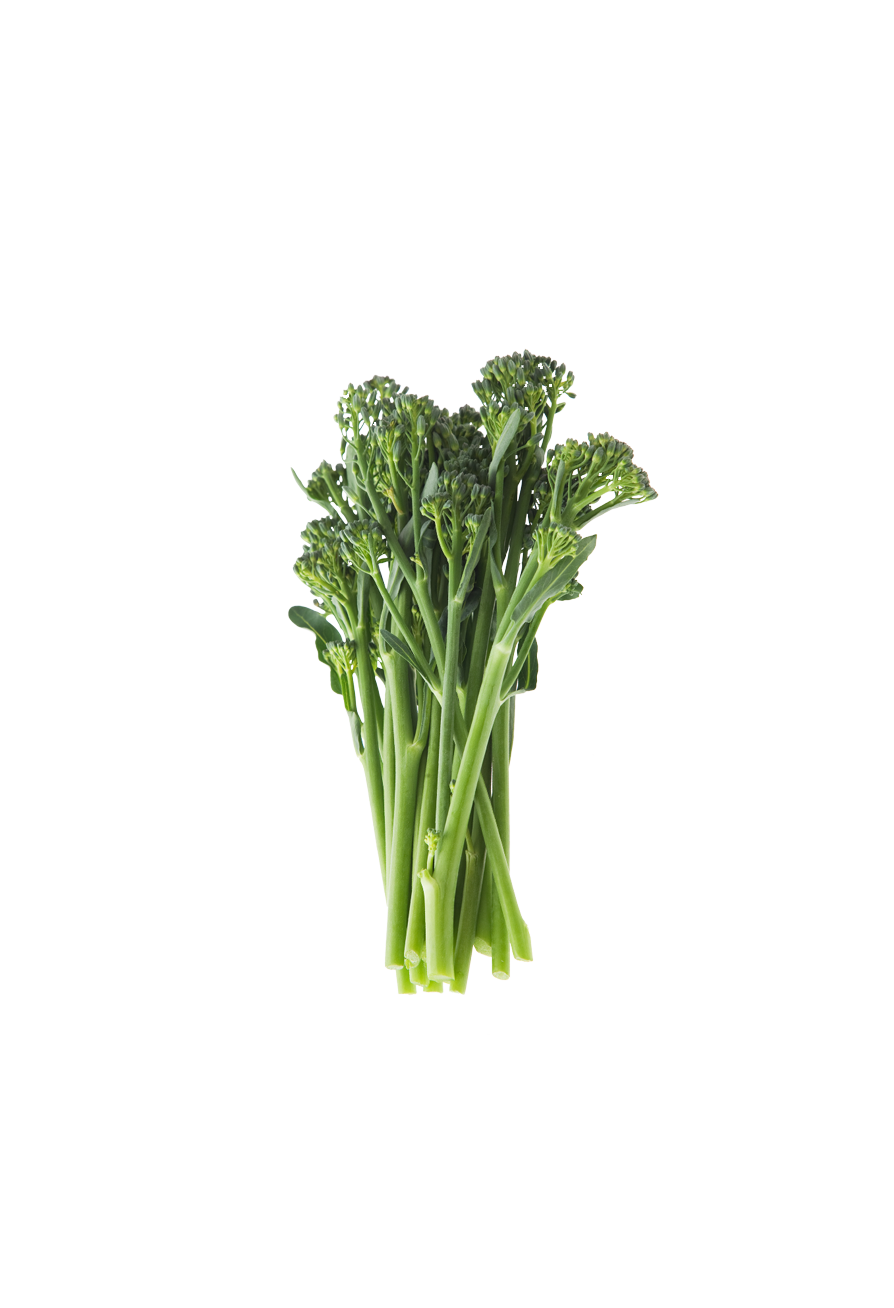All vegetation produce and emit ethylene – a natural plant hormone; which reacts and binds with ethylene receptors within plant cells. In the case of fruits and vegetables, when this binding occurs the ethylene receptors will trigger numerous biochemical pathways associated with ripening – accelerating this process with increased exposure. This results in fresh produce developing flavour, taste, aroma, colour and texture; too much though leads to over-ripening and spoilage. As fruits and vegetables mature or become stressed, they produce and emit an increasing amount of ethylene. This results in higher ethylene concentrations which further increases the ethylene receptor binding rate. This issue is further compounded, because even if just one item of fresh produce is emitting ethylene, this will initiate ripening within and amongst surrounding fresh produce. Therefore, ethylene’s impact on fruits and vegetables heightens the riper they become eventually leading to rotting and spoilage (Chang, 2016).
Chang, C. (2016). Q&A: How do plants respond to ethylene and what is its importance? BMC Biology, [online] 14(1). doi:https://doi.org/10.1186/s12915-016-0230-0.


















